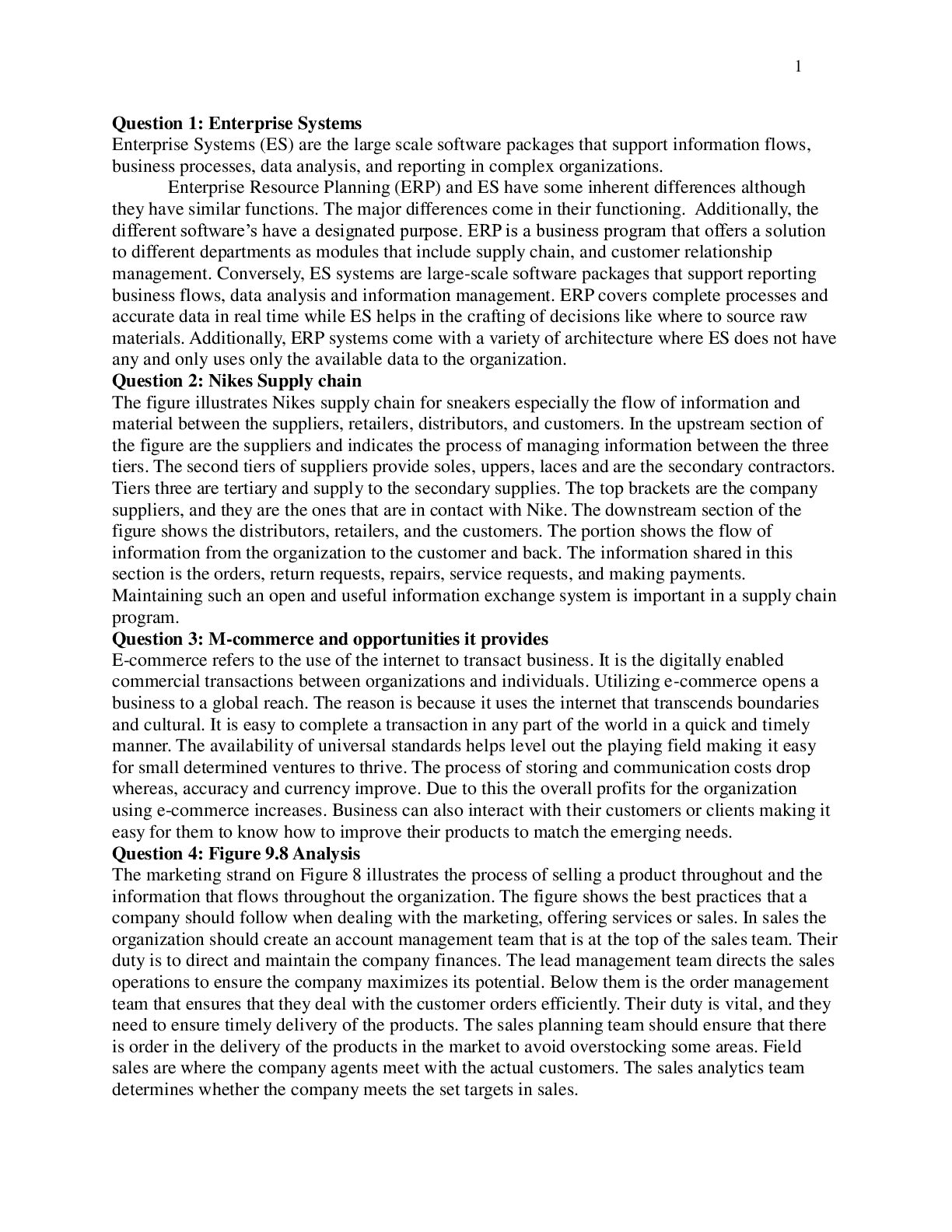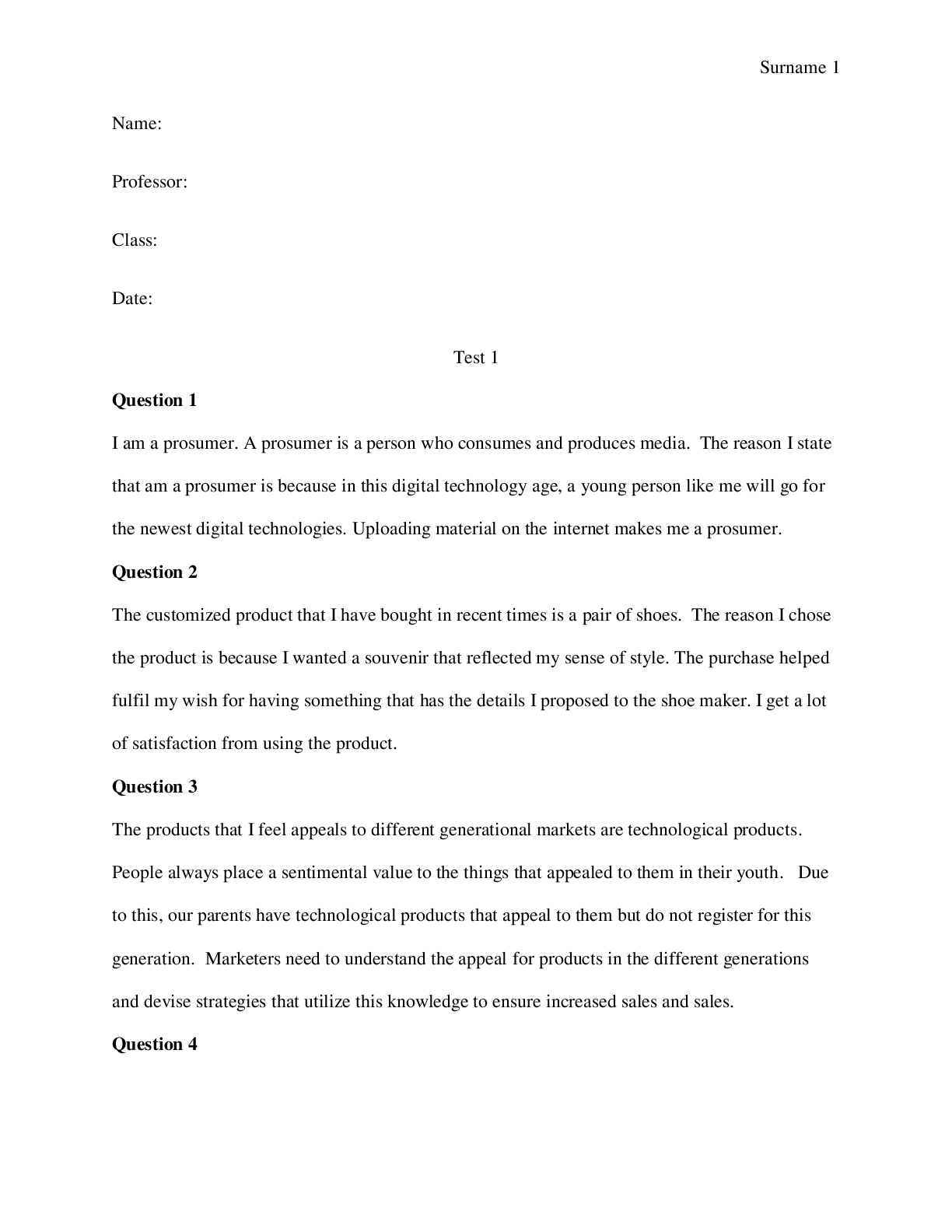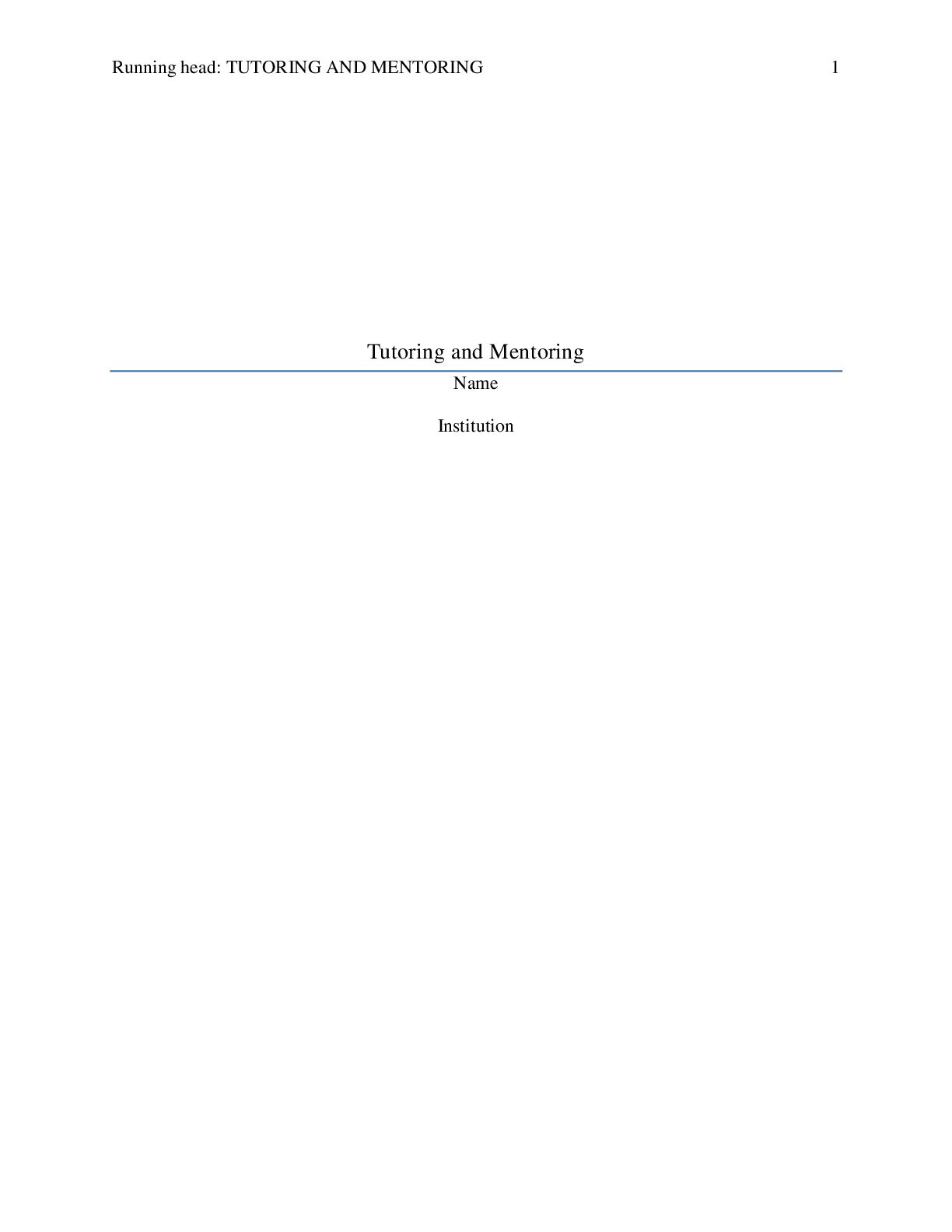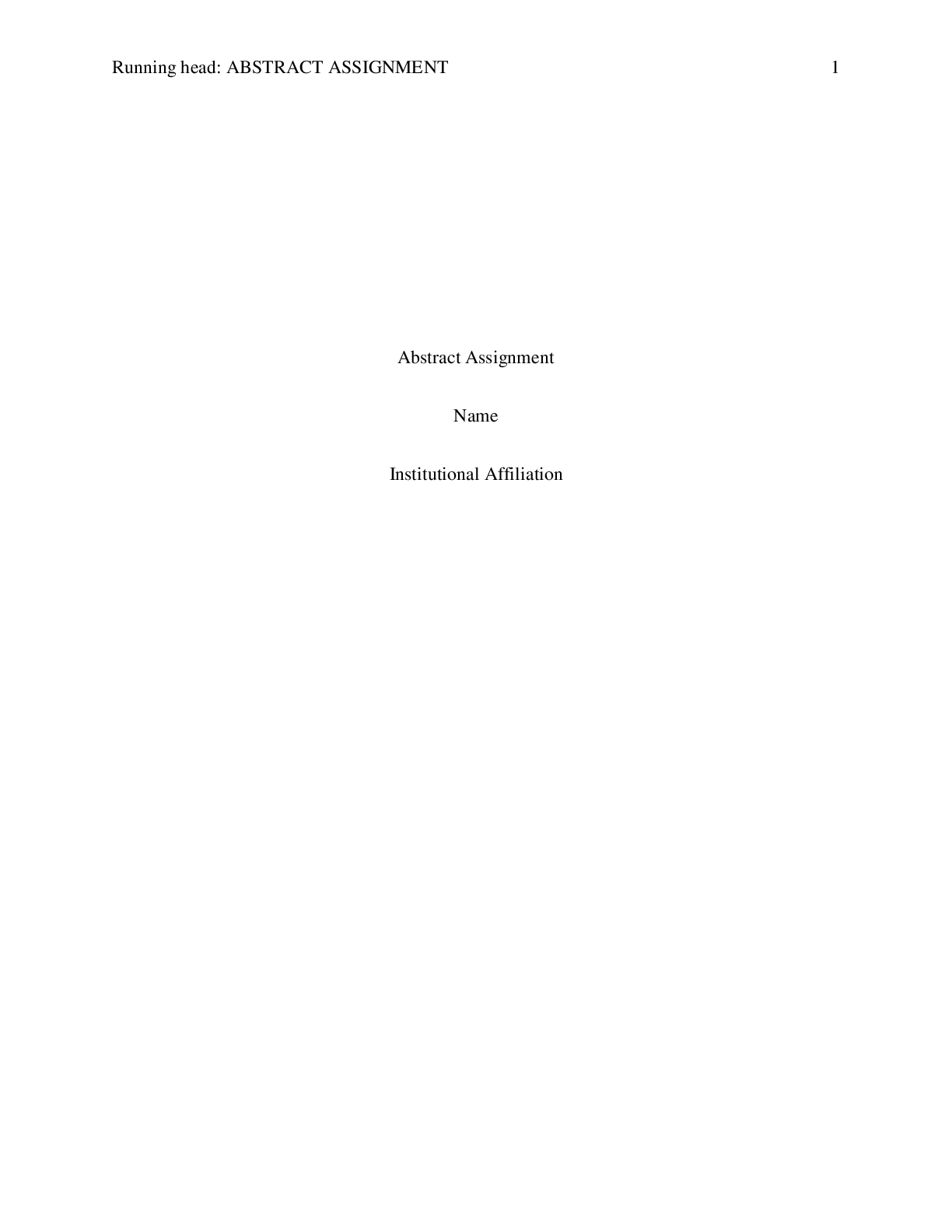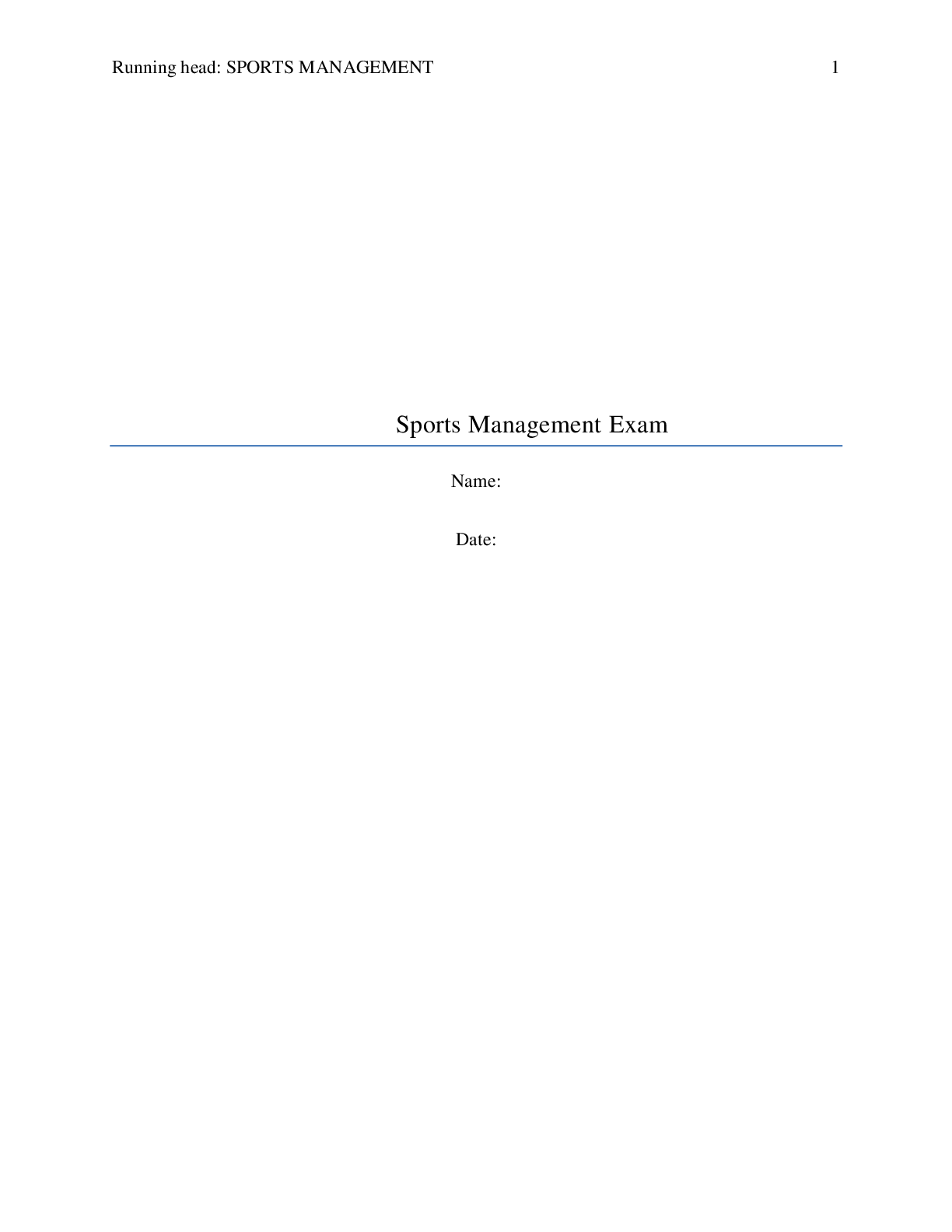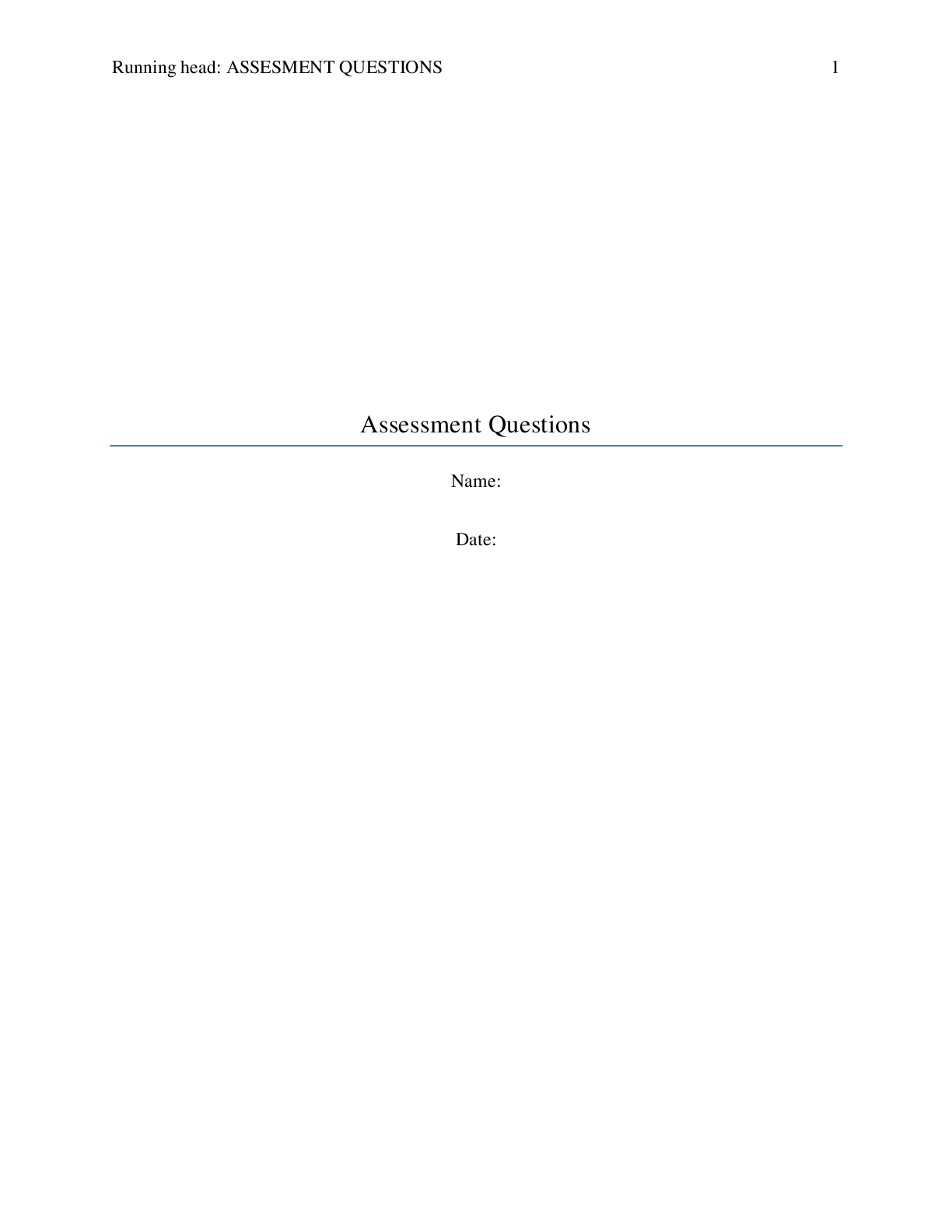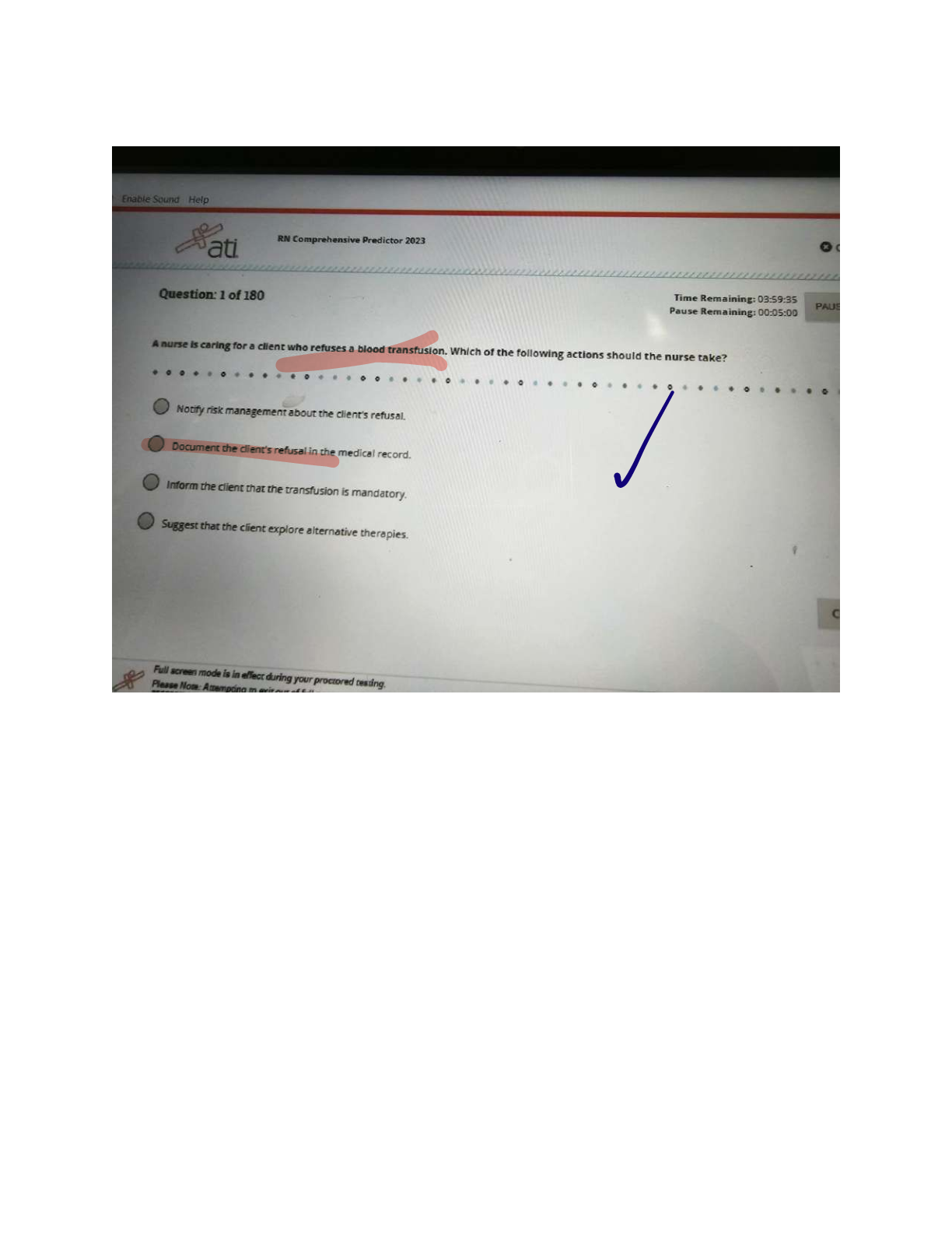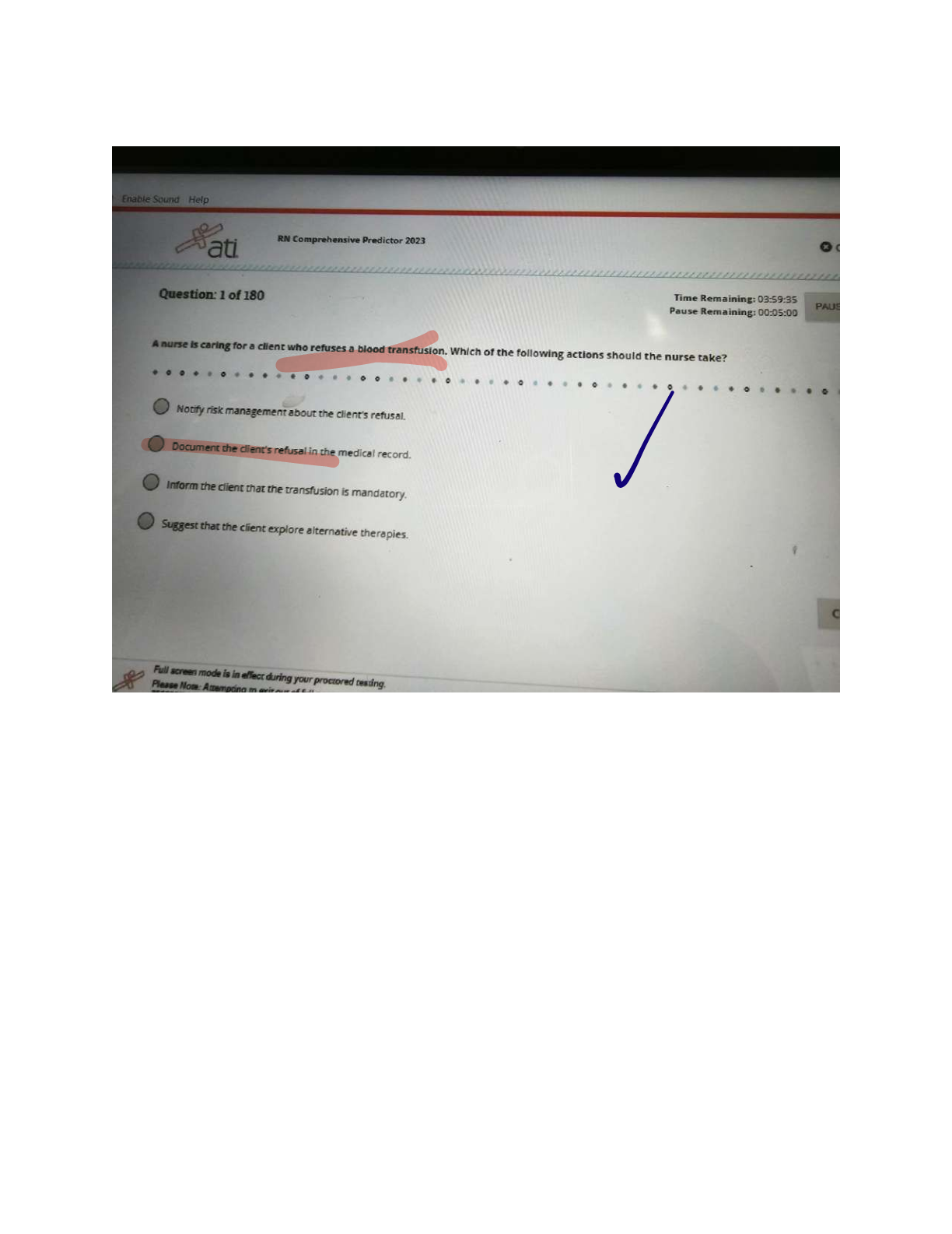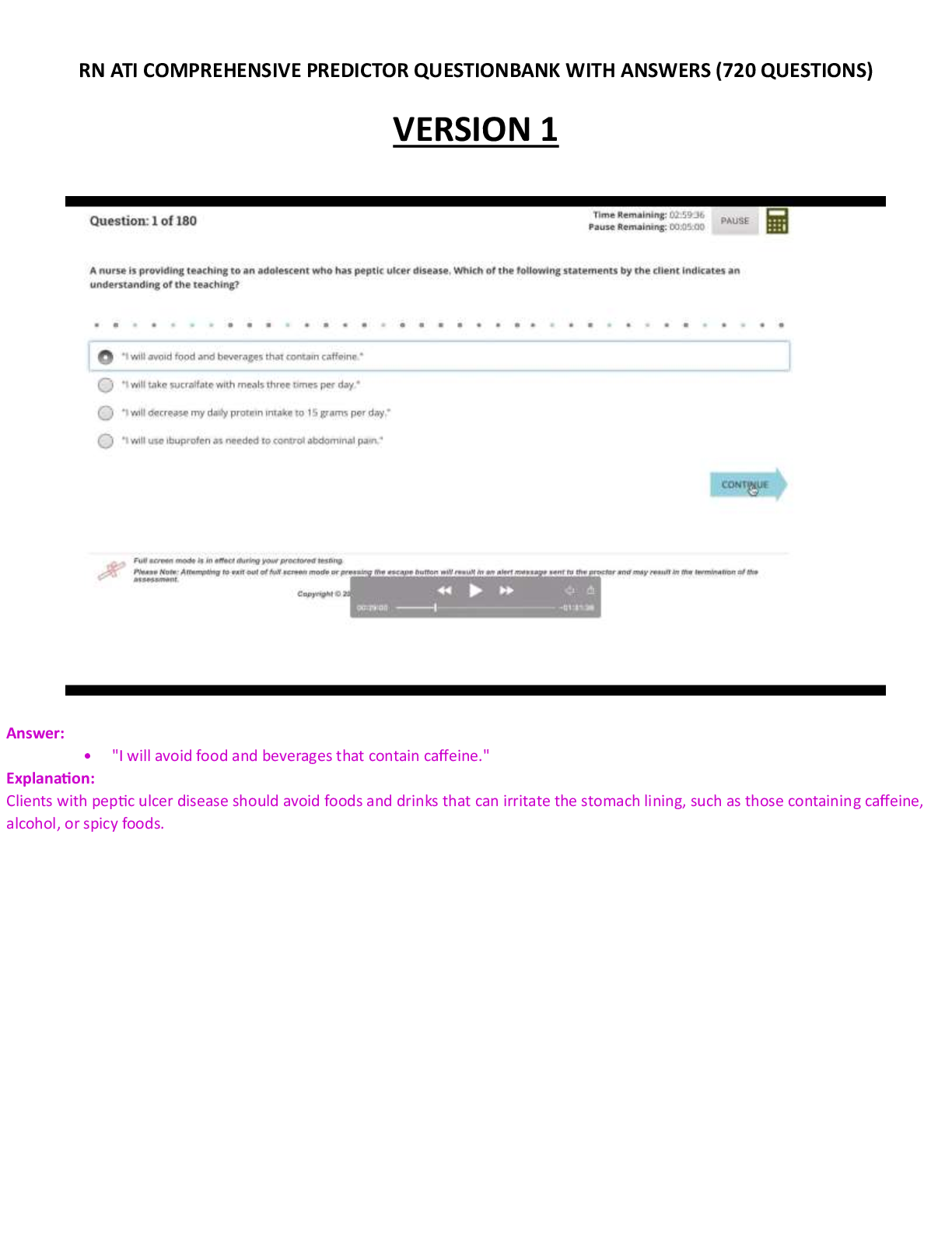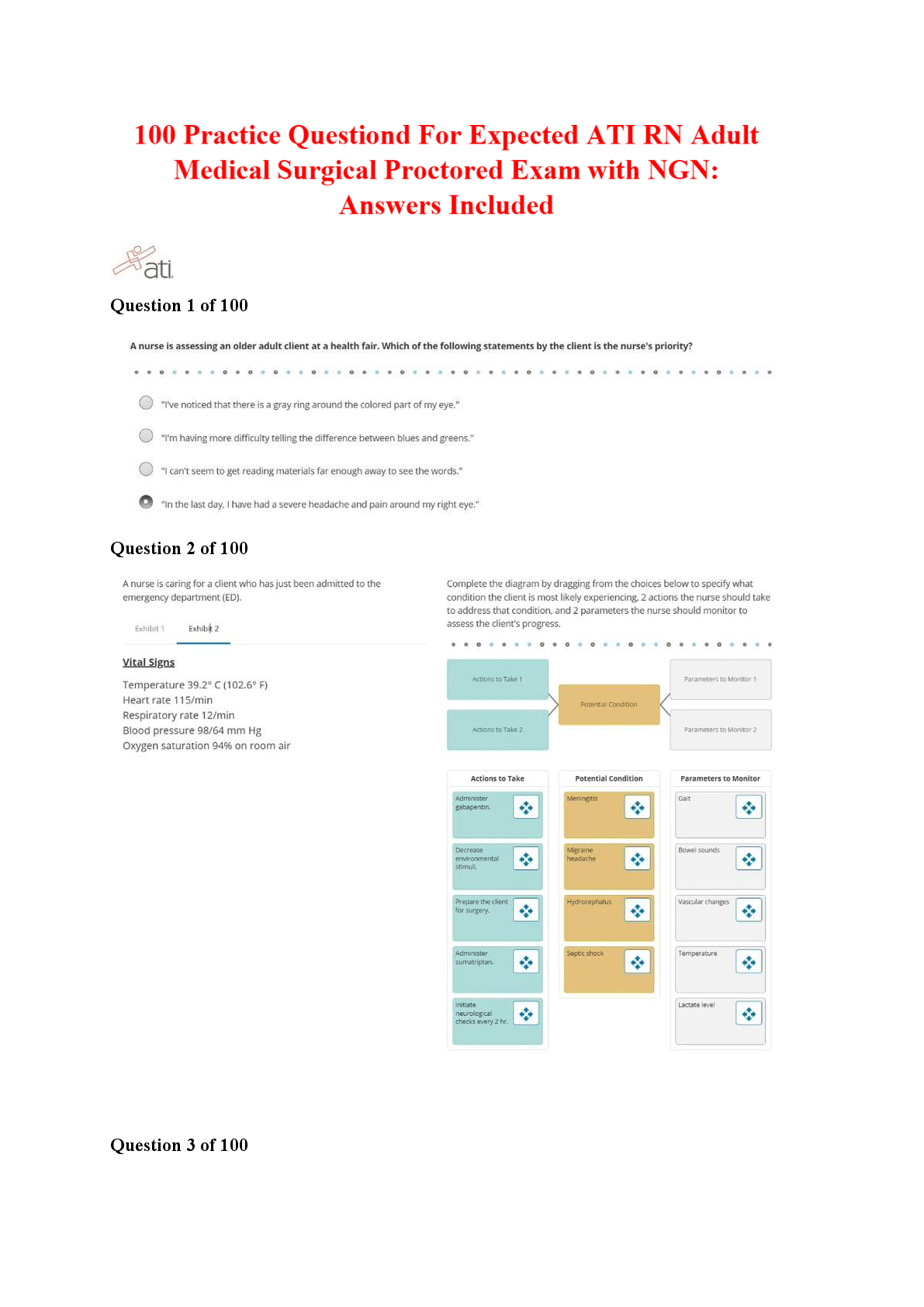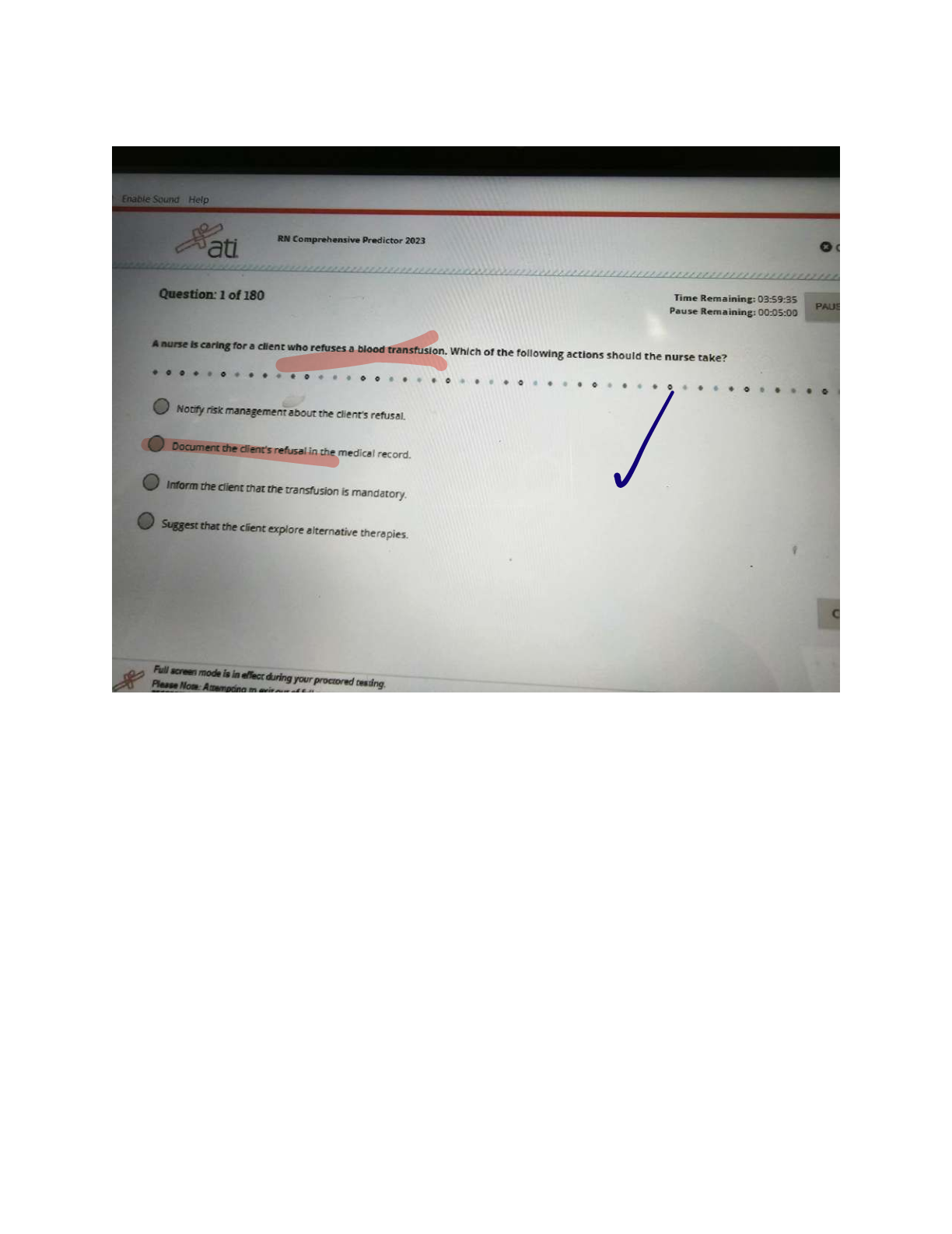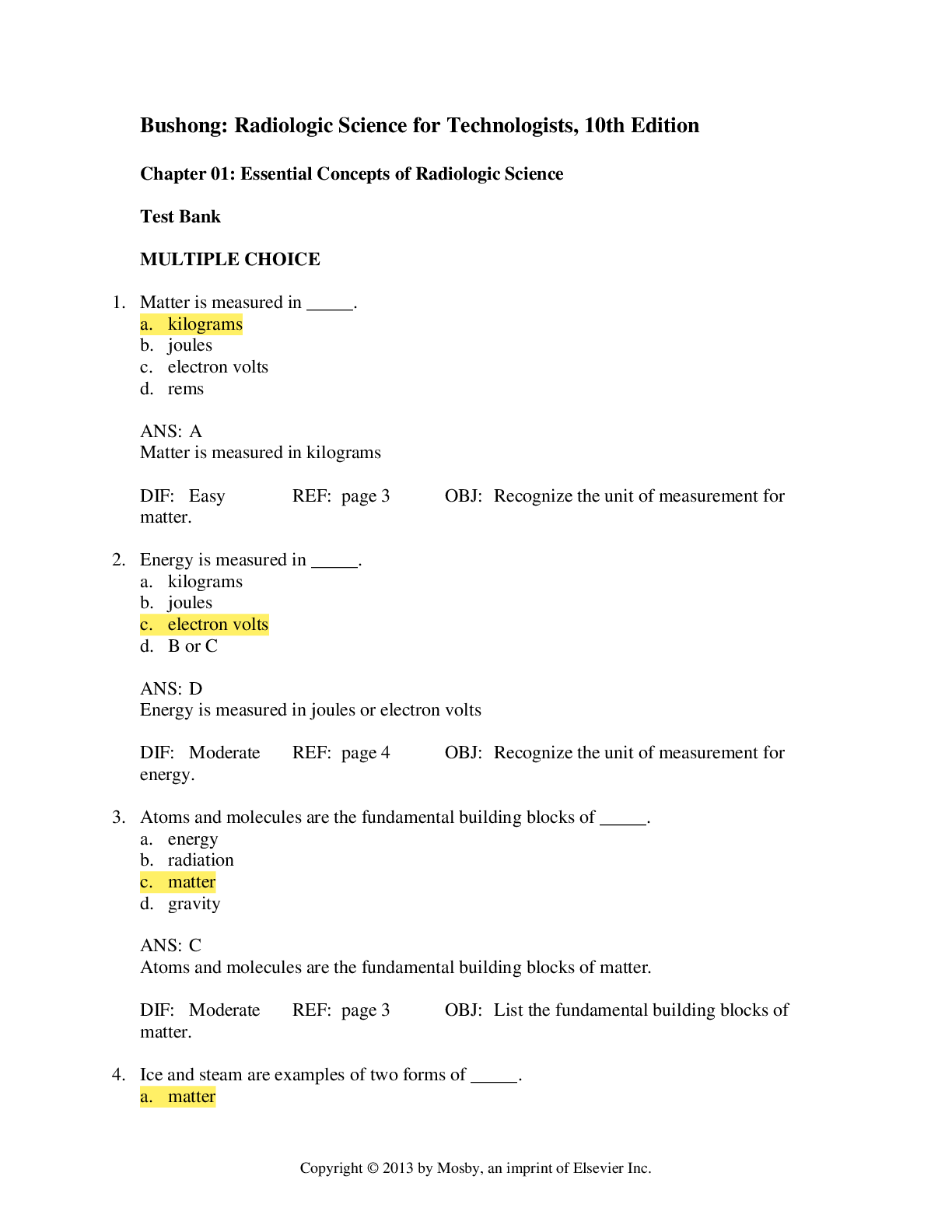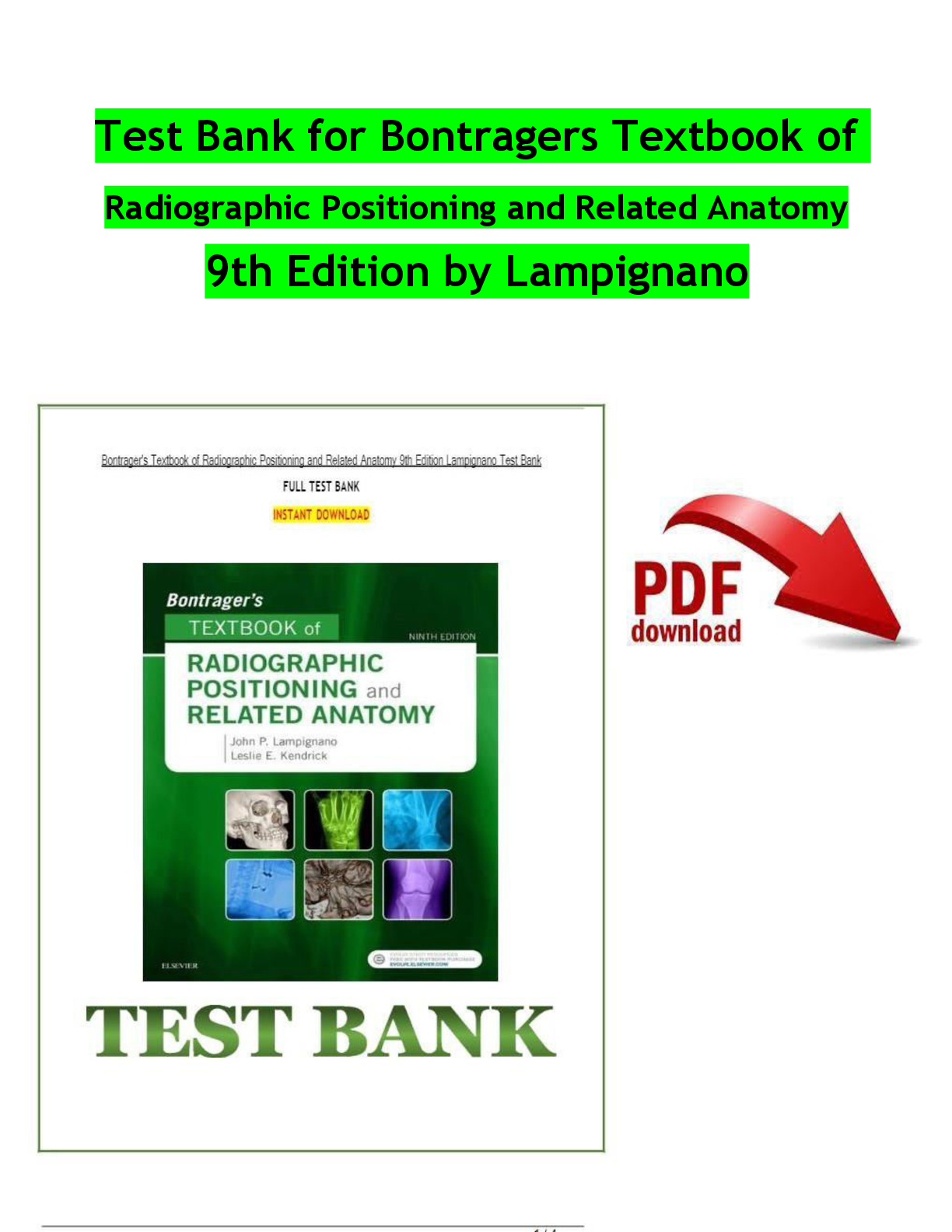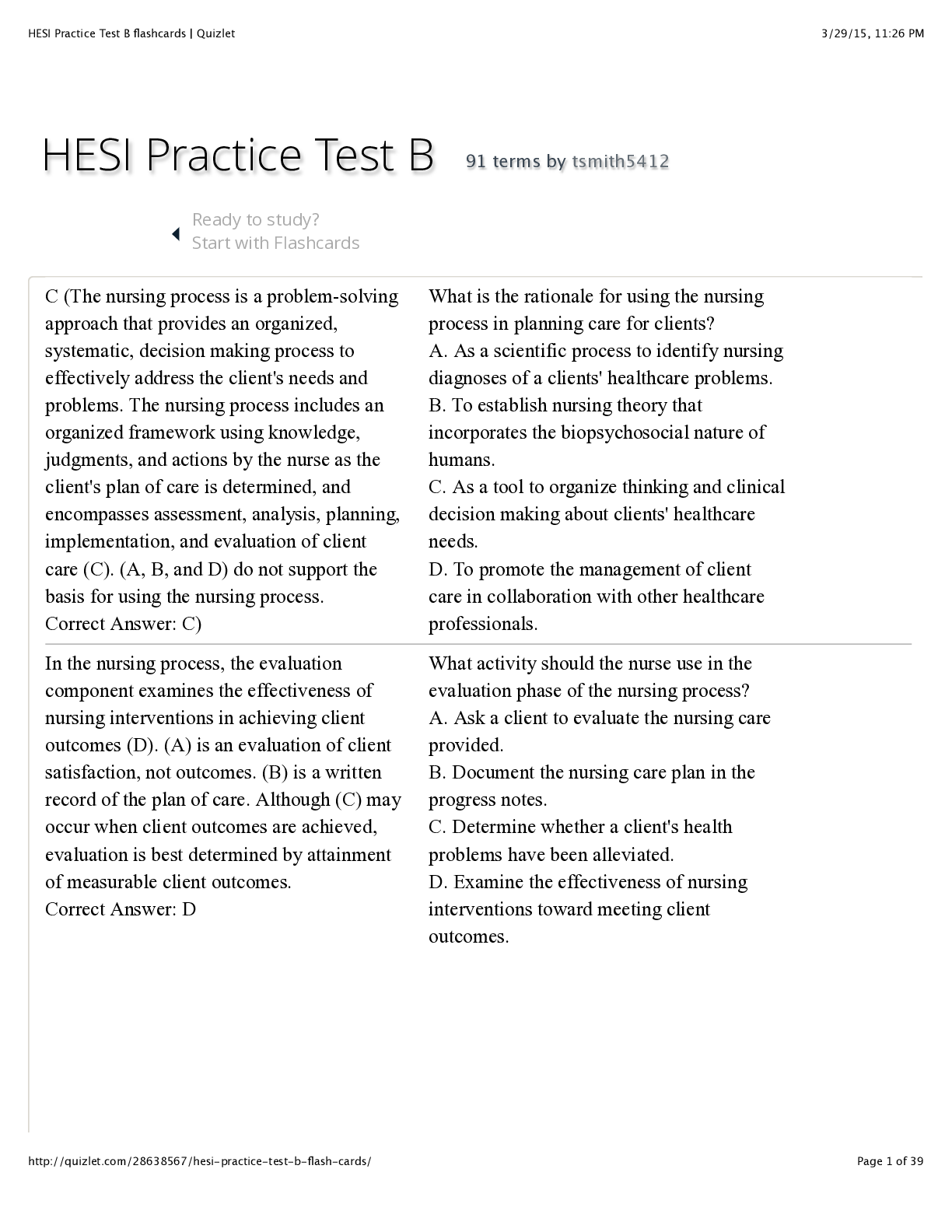
Nursing_knowledge_Assessment_Practice_Exam Practice Test B
$ 9

ECET105—Digital Circuits and Systems Homework Assignment Week 6 With Latest ; Updated Well Explained Answers
$ 10
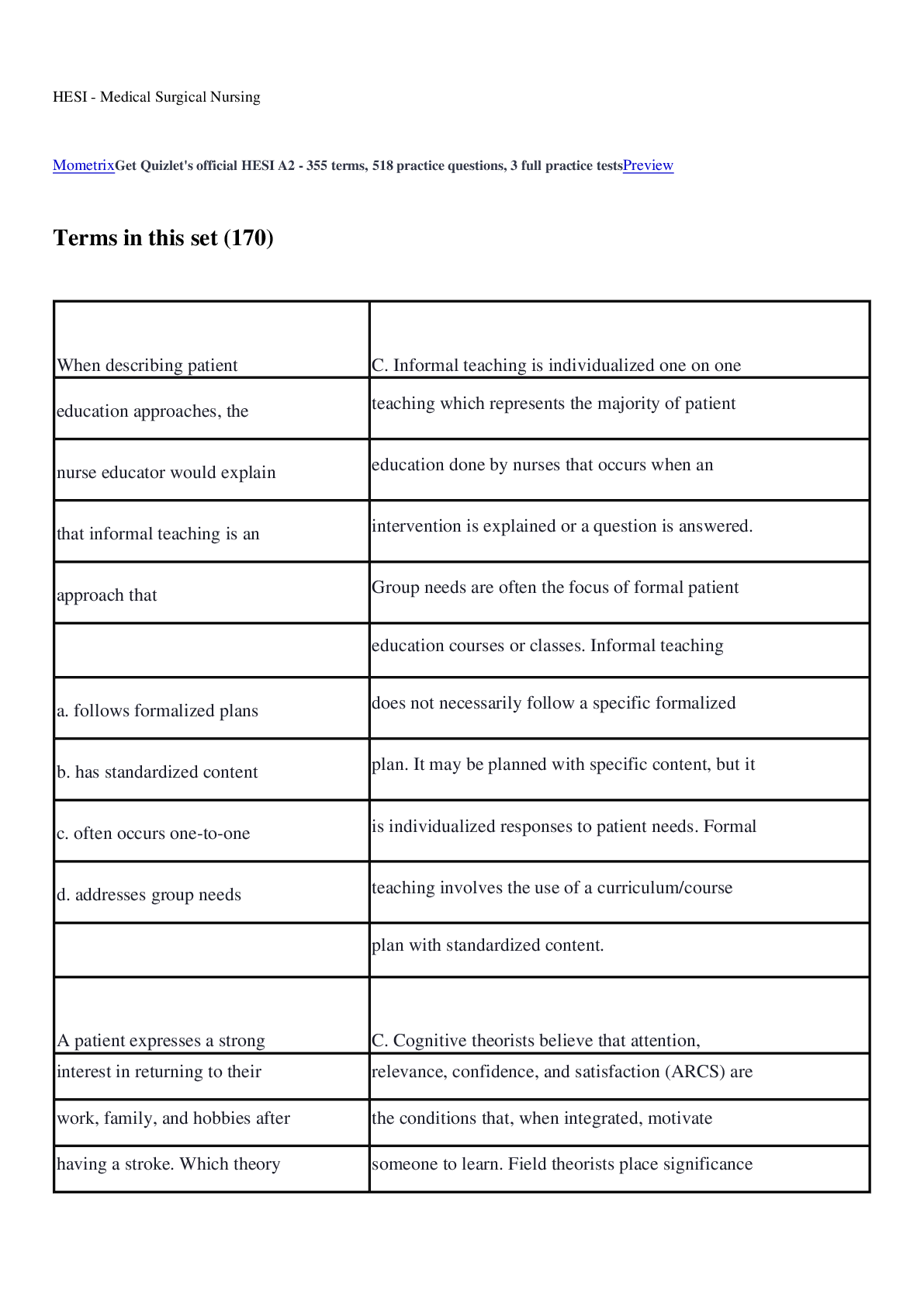
HESI - Medical Surgical Nursing Flashcards
$ 10
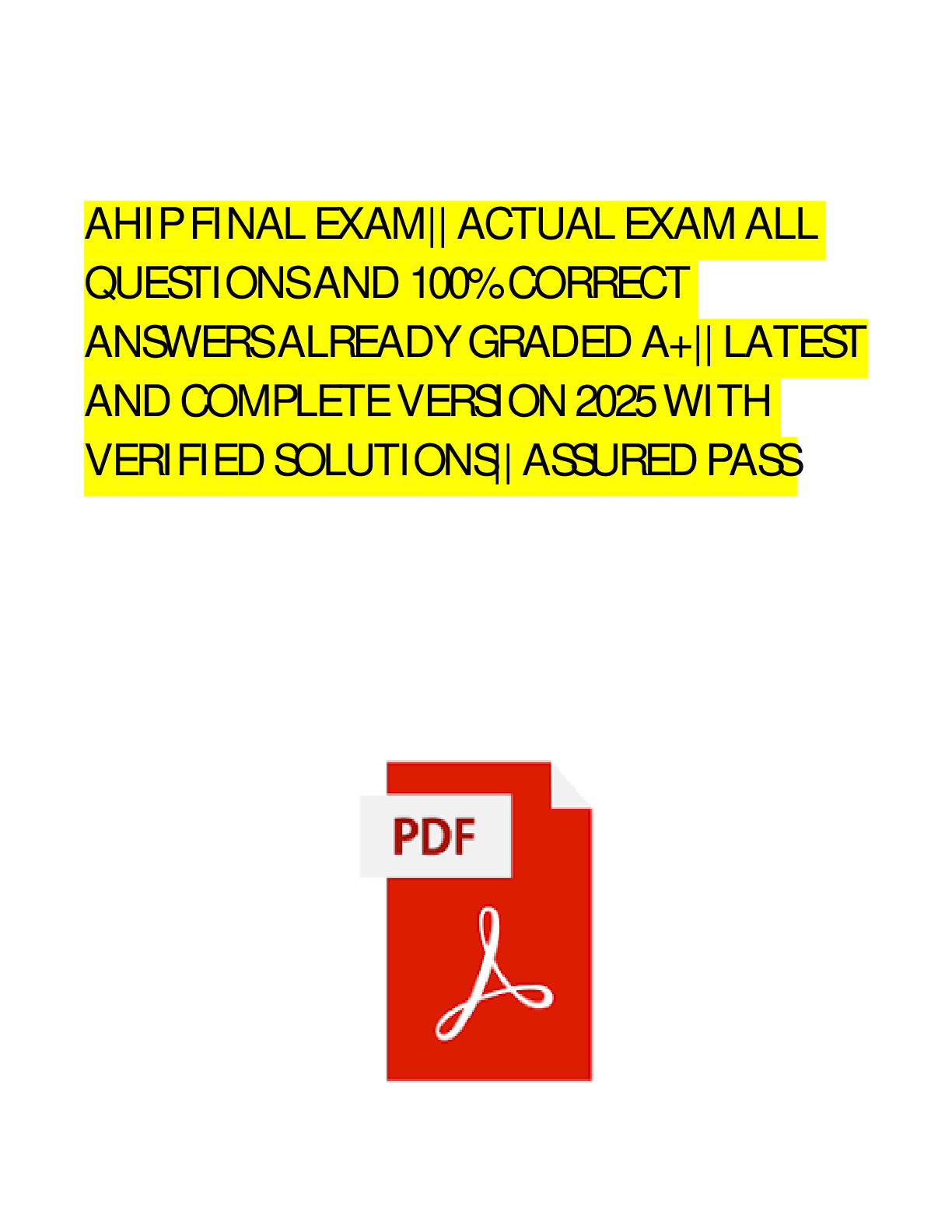
AHIP 2025 Final Exam NEWEST 2024 ACTUAL EXAM QUESTIONS AND CORRECT DETAILED ANSWERS VERIFIED ANSWERS ALREADY GRADED A+
$ 9.5
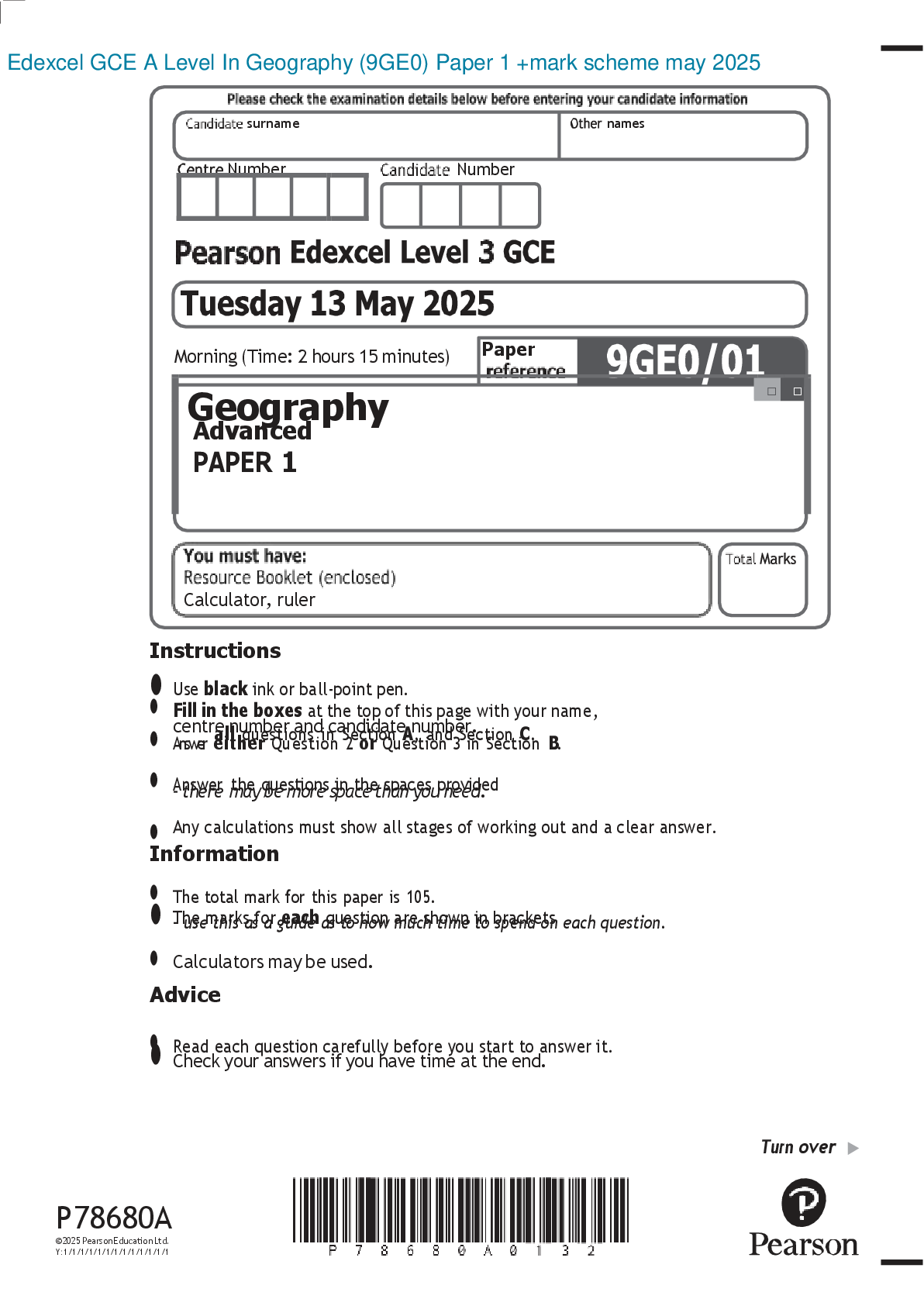
Edexcel GCE A Level In Geography (9GE0) Paper 1 +mark scheme may 2025
$ 10
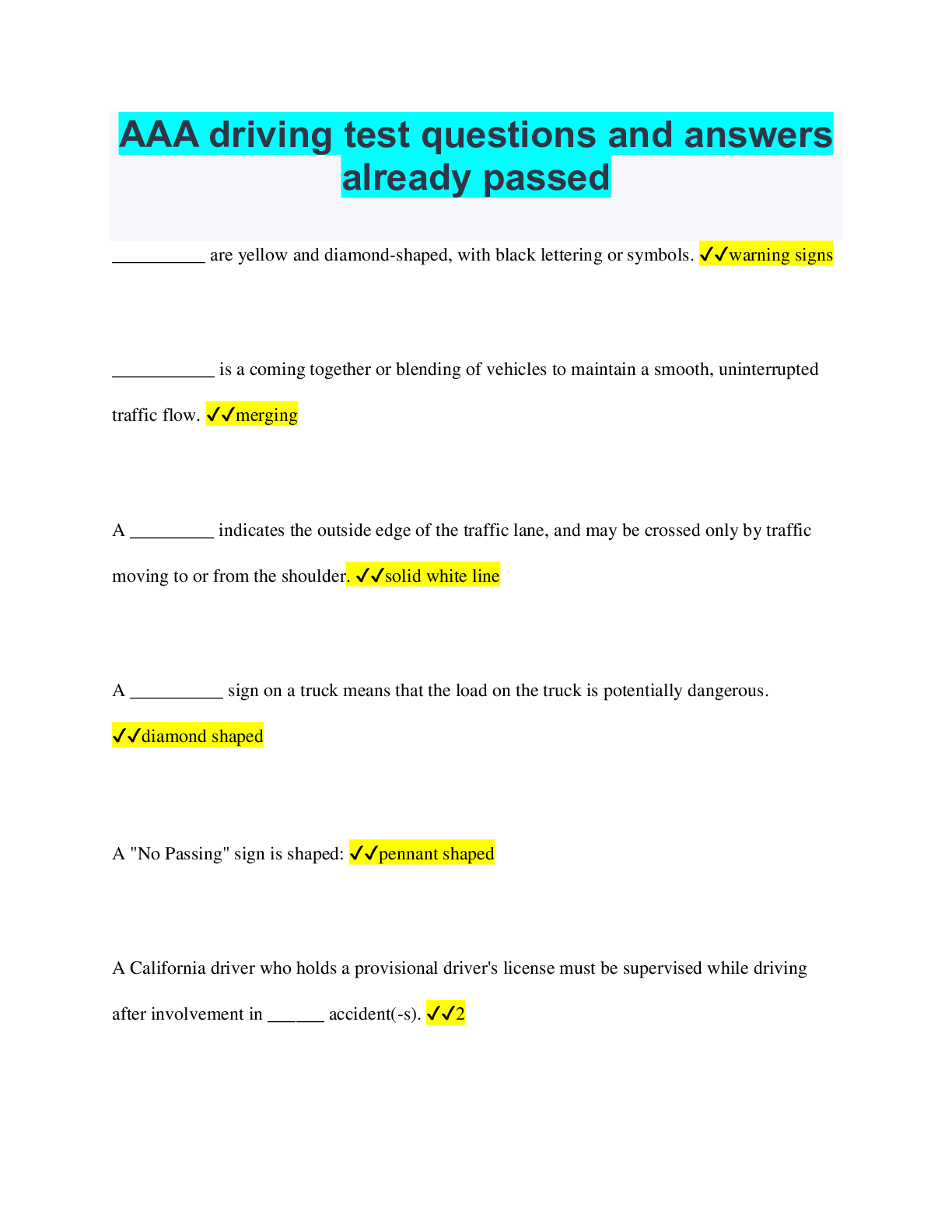
AAA driving test questions and answers already passed
$ 12

STAT 200 FINAL EXAM 2022 | STAT200 FINAL EXAM_Graded A
$ 13
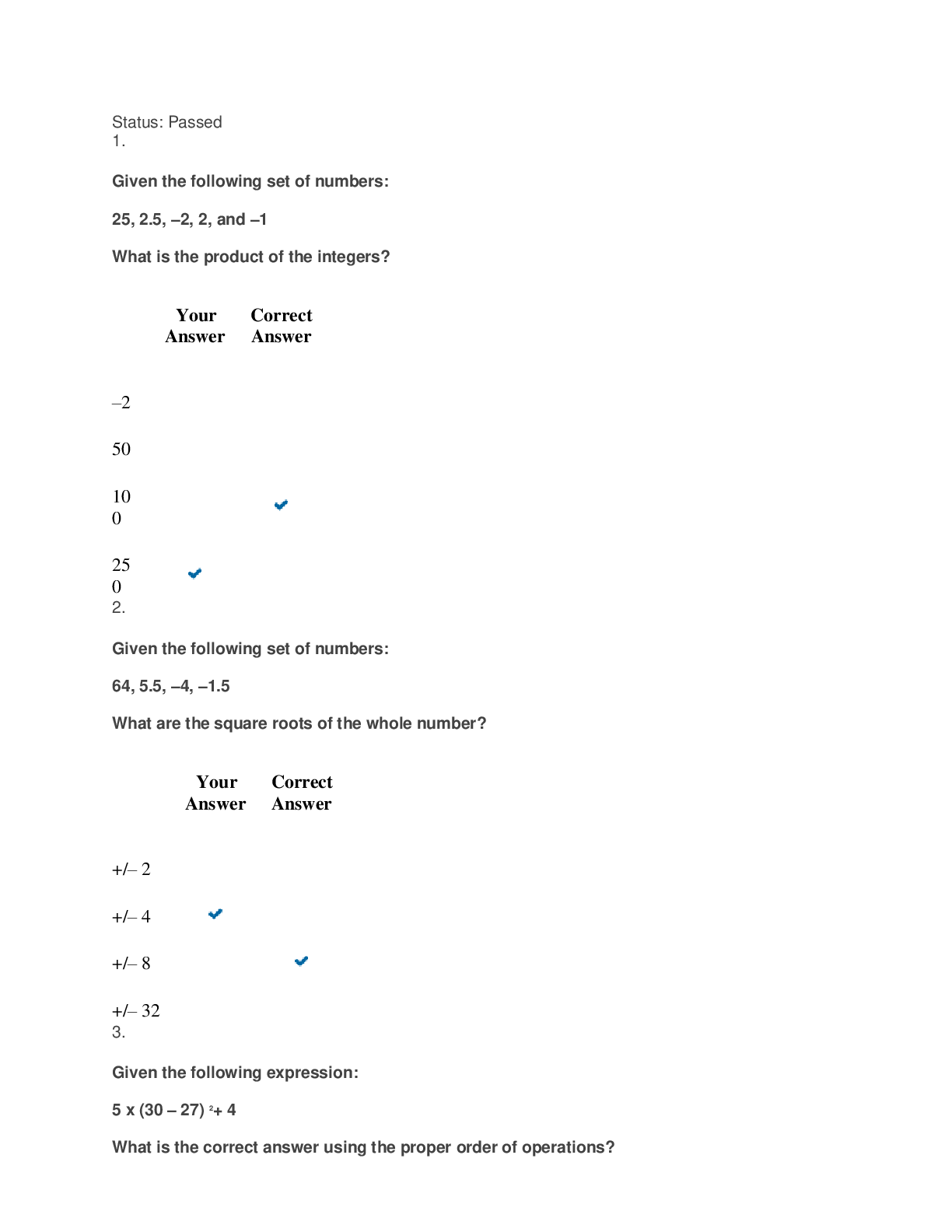
STATISTICS BEC1 statistics pre assessment
$ 15
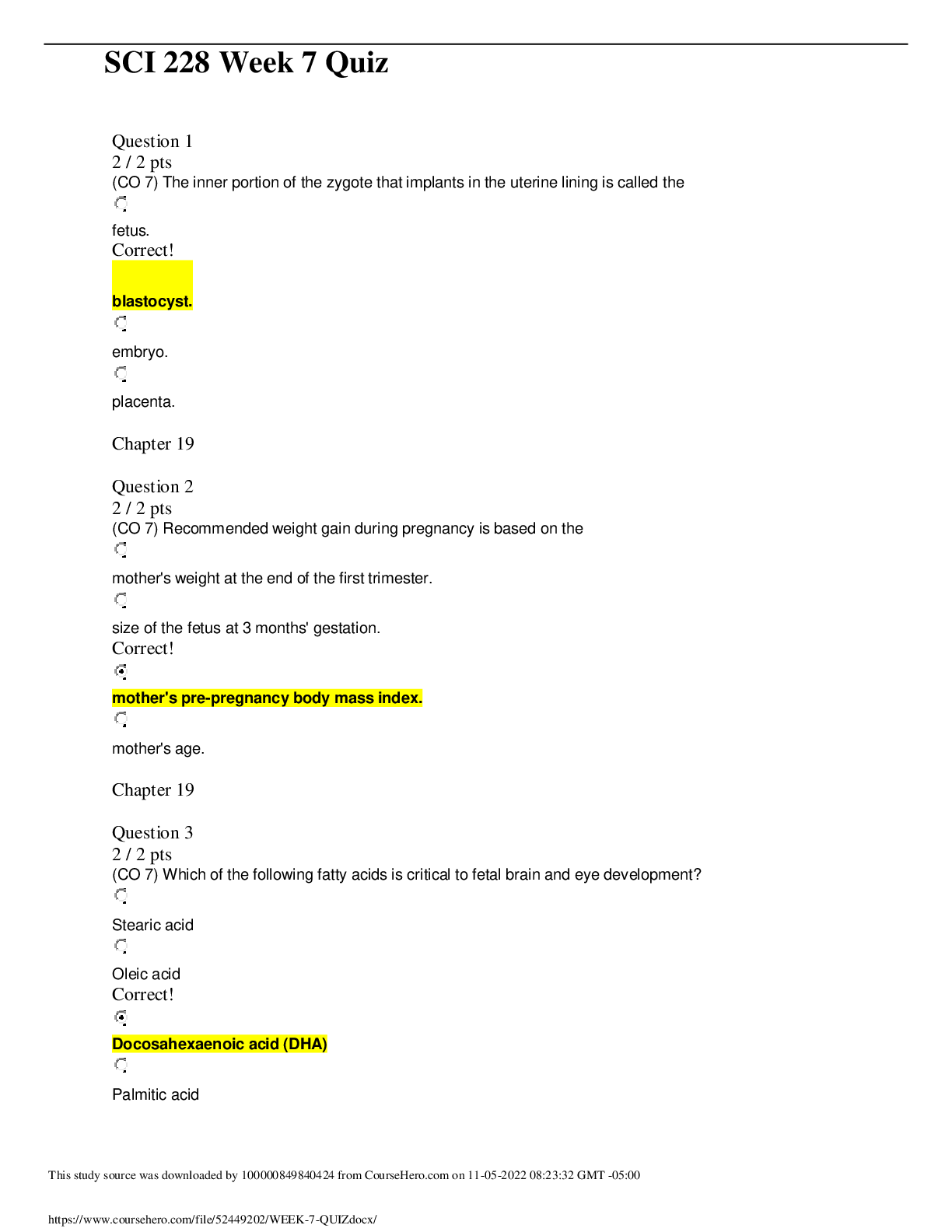
DEVRY UNIVERSITY,CHICAGO-SCI 228 Week 1 Quiz: Nutrition, Health, and Wellness with Lab-Well Elaborated solutions!
$ 12.5

Solutions Manual For Introduction to Engineering and Scientific Computing with Python, 1st Edition By David Clough, Steven Chapra
$ 30
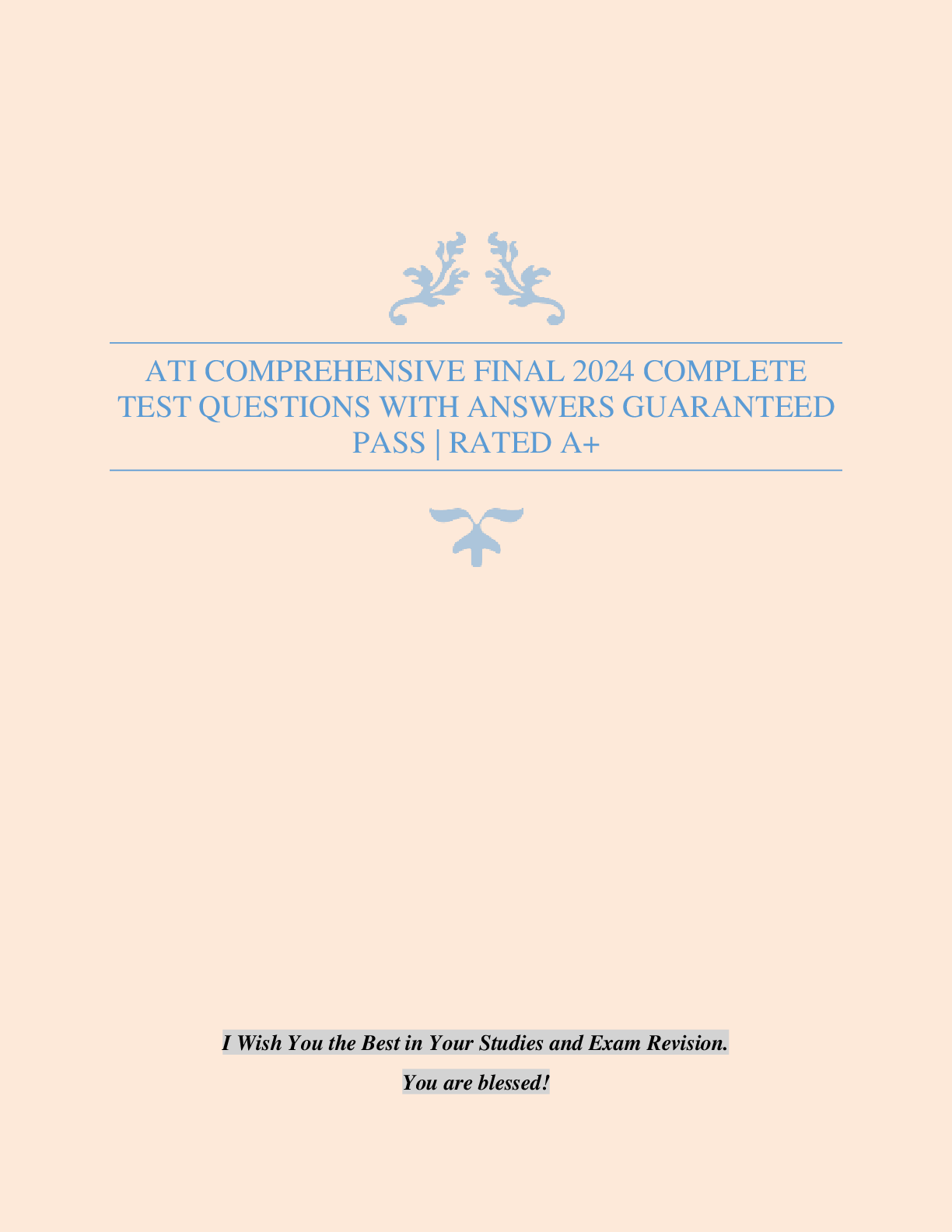
ATI COMPREHENSIVE FINAL 2024 COMPLETE TEST QUESTIONS WITH ANSWERS GUARANTEED PASS | RATED A+
$ 12.5
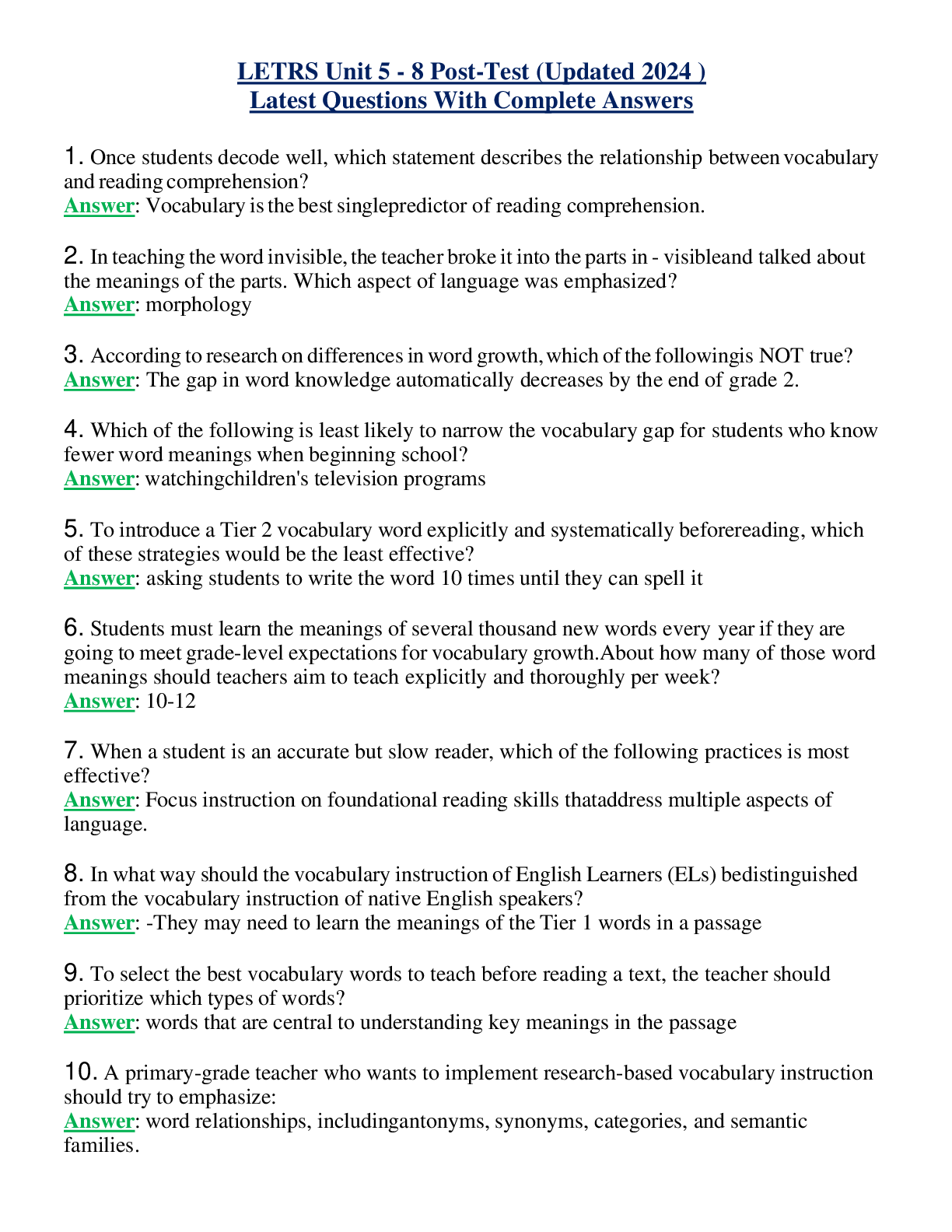
LETRS Unit 5 - 8 Post-Test (Updated 2024 ) Latest Questions With Complete Answers
$ 10

MATH 1280 Milestone 1_Introduction to Statistics (2022) – A Grade | MATH1280 Milestone 1_Introduction to Statistics – School graded
$ 13
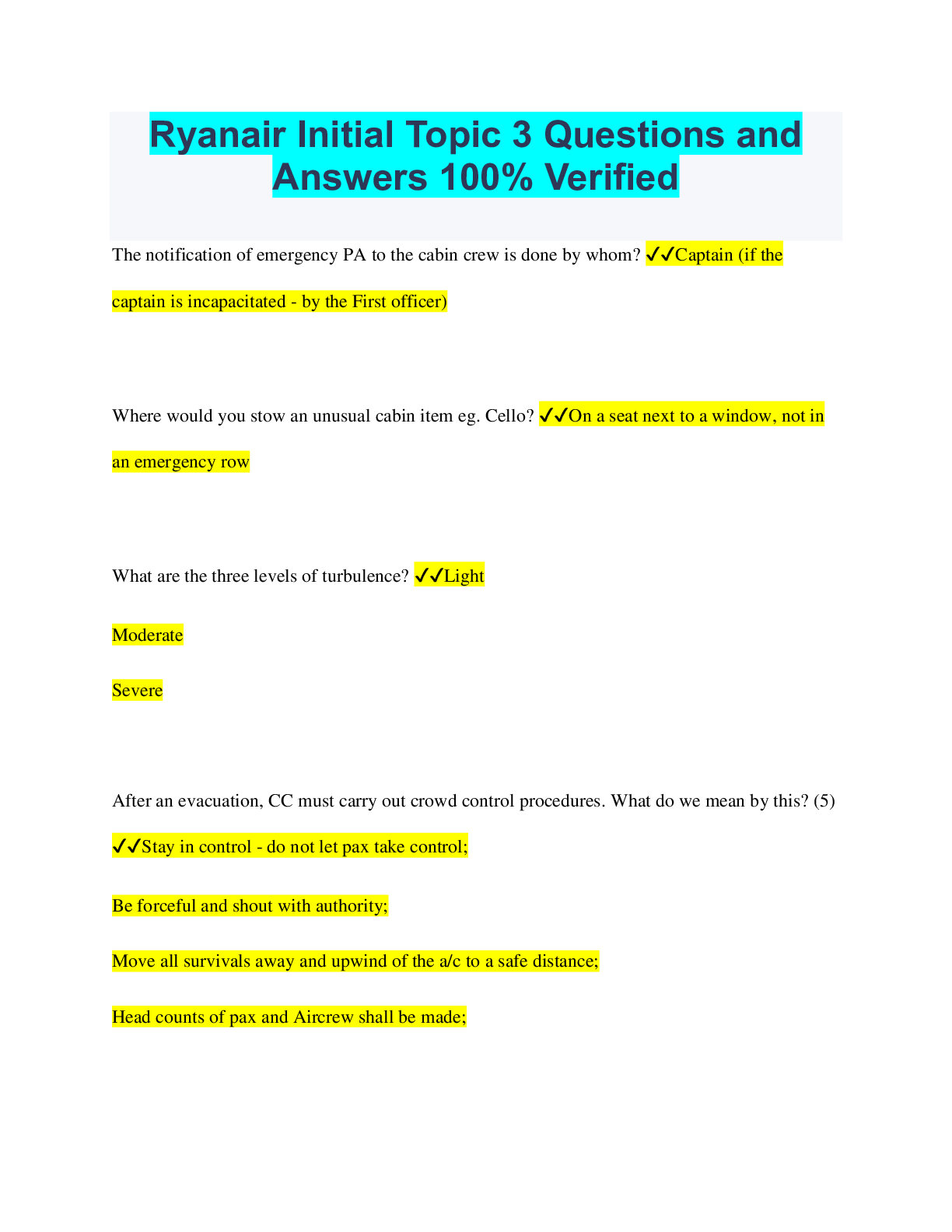
Ryanair Initial Topic 3 Questions and Answers 100% Verified

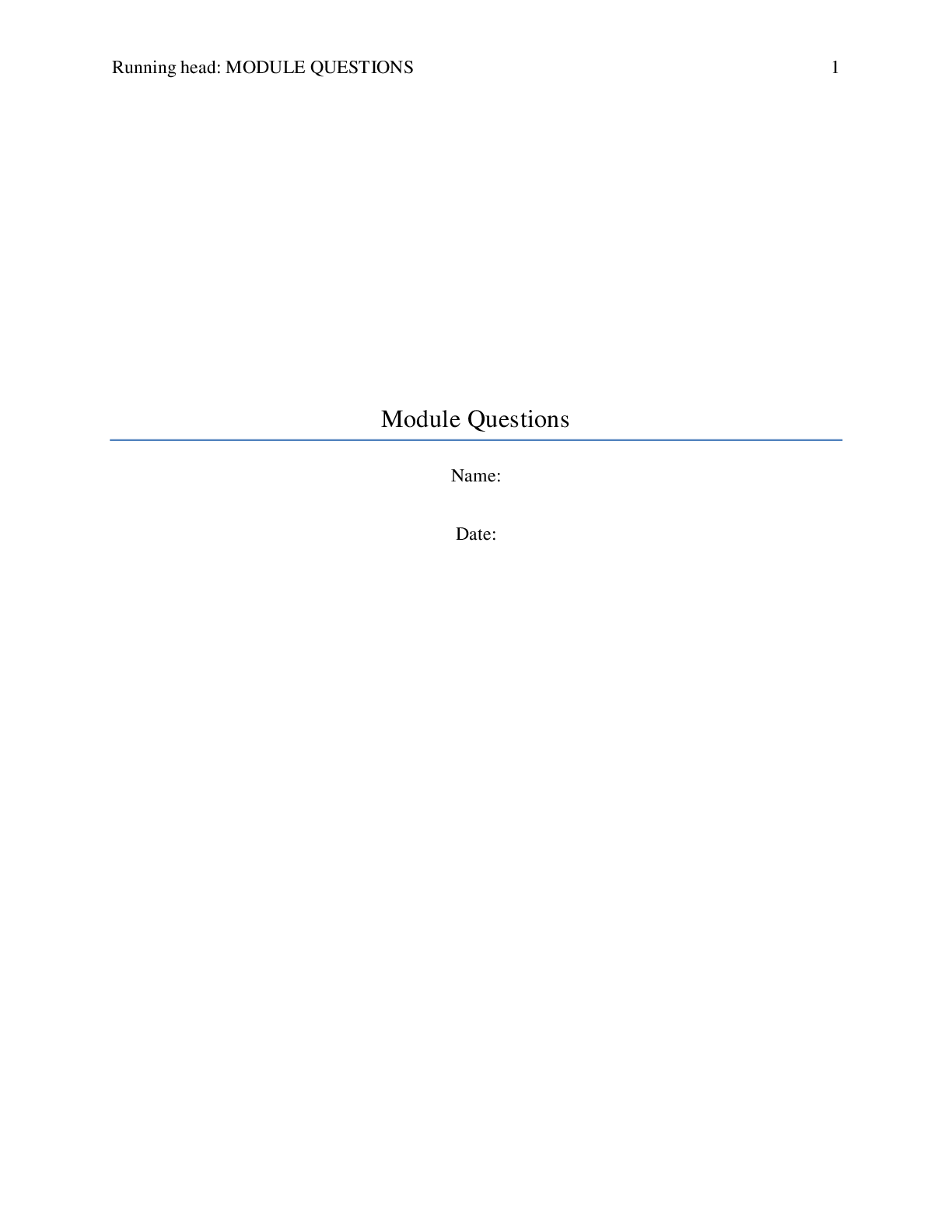

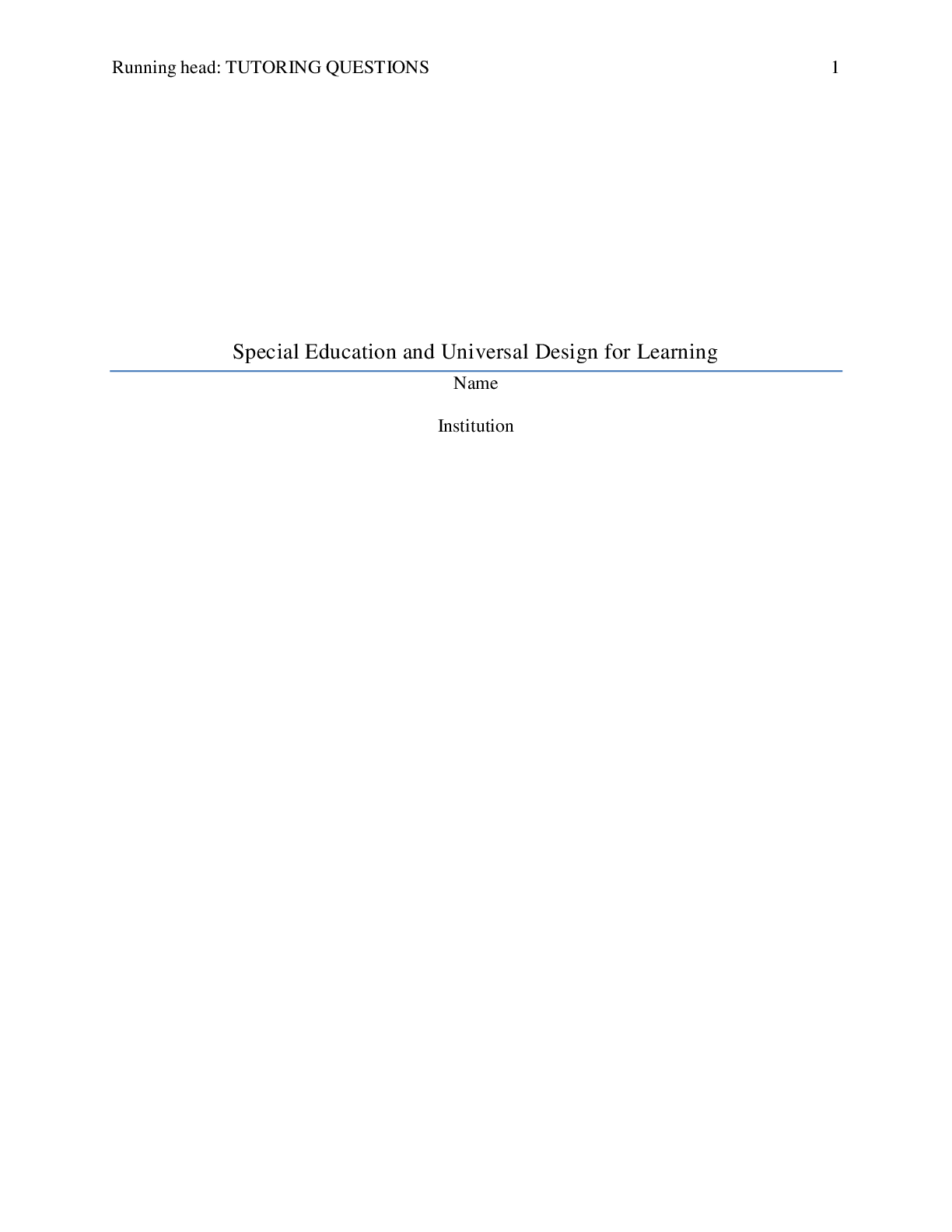
.png)


